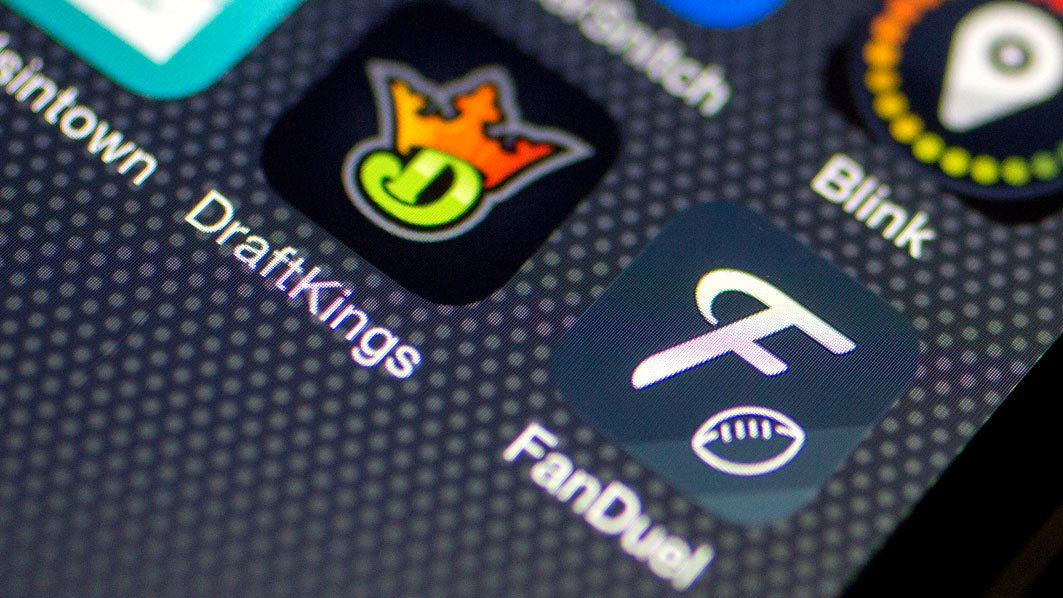U.S. gambling industry needs speed limits, Massachusetts Gaming Commission chair warns

The booming U.S. gambling industry is operating like a “highway without speed limits,” a top state regulator warned, calling for federal action to rein in advertising practices and improve protections for problem gamblers.
Jordan Maynard, chair of the Massachusetts Gaming Commission, said in an interview with The Guardian that, while sports betting has expanded rapidly across the country, the lack of consistent national standards leaves consumers vulnerable and regulators struggling to keep up.
“When I think about the industry right now, I see a highway without speed limits, cars without seatbelt dingers,” said Maynard. “Regulators are who put the seatbelt dingers in.”
Since the U.S. Supreme Court struck down a federal ban on sports betting in 2018, 37 states have legalized the practice, sparking intense competition among legal operators. But Maynard warned that safeguards have lagged behind the industry’s rapid growth.
“What we’re going to do is make sure that people are educated in what they’re doing; that they’re trained up to a certain standard before they ever do it; make sure that those who seek to benefit economically from this industry are held to high standards," he said in the interview.
Maynard urged lawmakers in Washington to consider national rules on betting ads and to explore a federal exclusion list that would bar problem gamblers from placing wagers anywhere in the country.
Currently, such measures are implemented at the state level and can be easily avoided by crossing state lines.
Maynard also pushed back against the industry's frequent opposition to regulation on the grounds that it might drive bettors to offshore or illegal platforms.
“I don’t like the unregulated market being used as the boogeyman… I don’t want the legal market to race to be the illegal market,” he said. “I want the illegal market to either not exist, or if it does exist, it’s in a highly competitive space with what’s regulated.”
He cited the introduction of weapons detectors at Massachusetts casinos — a move initially opposed by operators — as an example where added friction ultimately benefited patrons. “I think a vast majority of patrons in Massachusetts would say that friction is well worth it to ensure that no guns hit the floor of the casino,” he said.
Maynard’s tenure as chair has seen tense moments with the industry. In 2024, ten gambling operators pulled out of a public roundtable on bet-limiting practices at the last minute, requesting private meetings instead. “Transparency is key to integrity,” Maynard said at the time. “They were worried about having the conversation in public.”
Still, he said he remains open to collaboration. “I do want to construct a partnership,” Maynard said, of his work with the industry. “But there is a [need to be] regulated, and there is a regulator.”
He also pointed to the growing role of artificial intelligence in gambling and said it should be leveraged to encourage responsible play. “If operators are using technology to target bettors, that technology can be used to promote healthy behaviors,” he said.
As concerns about underage gambling grow, especially on college campuses, Maynard said more public education is needed — ideally with the help of leagues and industry figures.
“No young person wants to hear a lecture from me about why they shouldn't be gambling,” he said. “But when operators, athletes, and leagues step in, I believe — and we're starting to see this — that’s where we can see some changes.”
Despite the challenges, Maynard said he remains committed to balancing consumer protection with industry oversight.
“There are days I don’t know if anyone cares about what we’re doing,” he admitted. “Regulators across the board are not being respected… [but] when I lay down, I sleep really well.”


















































